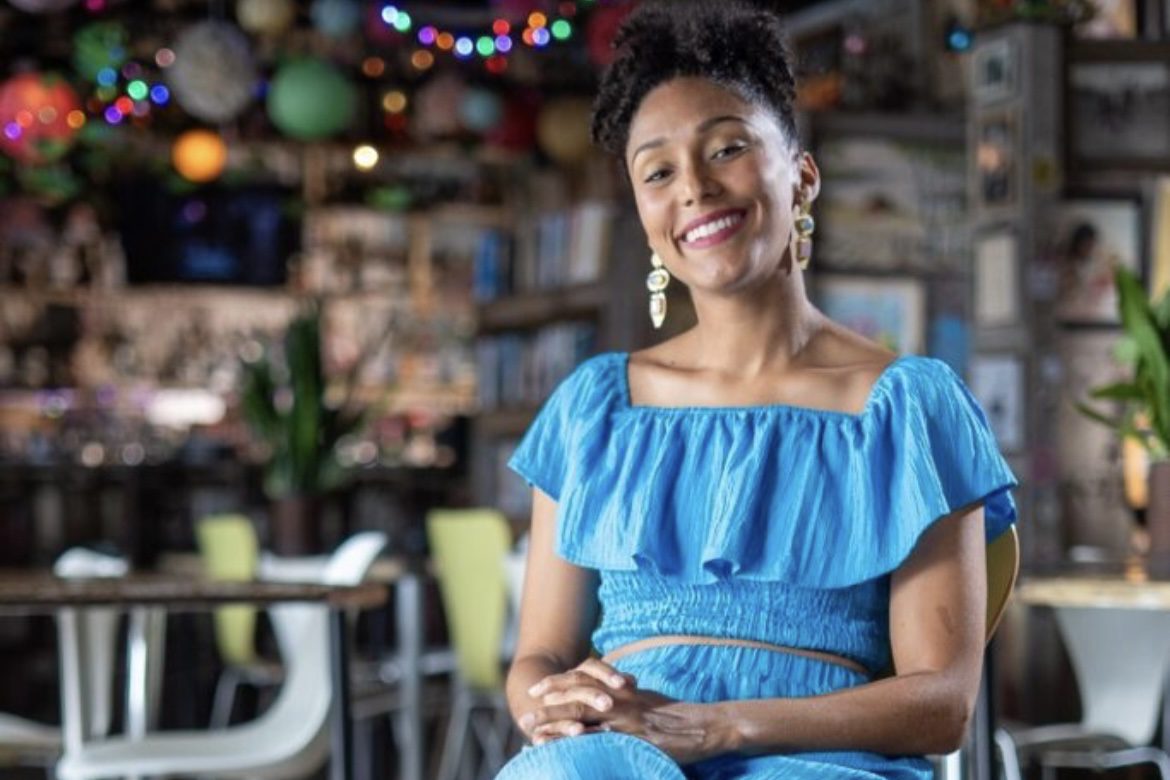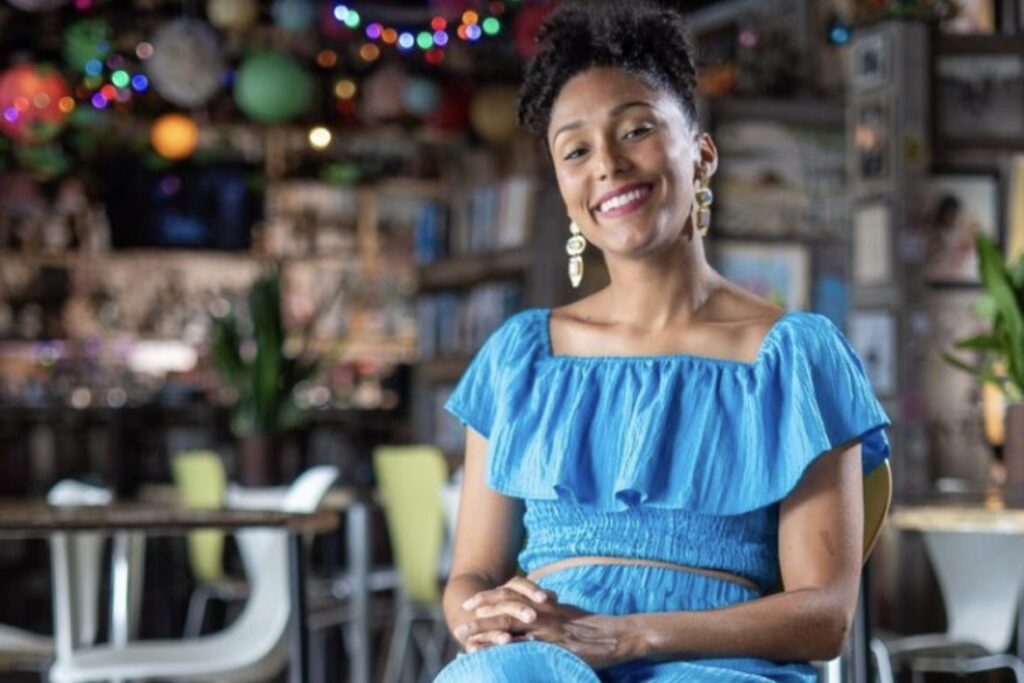Camara Gaither has been appointed as the third poet laureate of Orlando and will serve a four-year term. (COURTESY OF THE CITY OF ORLANDO).
The City of Orlando has appointed Camara Gaither as its third poet laureate. In this Q&A, Gaither, a spoken word artist and mental health therapist, shares insights into herself and her new role.
What are the responsibilities of the poet laureate?
The poet laureate is responsible for being the city’s official storyteller. When there are key milestones, events to celebrate, or things that the community needs to mourn or grieve, the poet laureate is the mouthpiece to tell the story, to create poetry and to represent the city.
As a poet, how do you approach the craft of creating a poem from inspiration through revisions to that final piece?
I really ask myself the question of, what am I deeply moved by? What do I feel connected to? Whether that has to do with something that I’m experiencing personally or something that I’m seeing around me that, for some reason, is really moving me or giving me a sense of awe, I find myself coming back to that question: What is my point of connection with this subject or topic or event or issue?
In terms of subject matter, how do you approach capturing complex things in a way that is relatable for your audience?
I think about what questions I feel like I sense people have about the subject. Just to give one example, one of my favorite genres of poetry is probably civic poetry. Whether it’s related to social justice issues, I think about some of the uncertainties or questions that I feel like we’re all navigating. Sometimes there will be direct questions in my poetry. I feel like questions really connect people because we’re living with unanswered questions and unmet longings all the time.
You have your master’s in social work from UCF. How do you approach social work through the lens of poetry?
Social work has many, many hats. I chose to take my social work route to the mental health field. I was just asking myself, how do I integrate all this so that I don’t feel so fragmented as a creative and a clinician? [Poetry] is not just an art form. This is something that is a gift to people to feel like they can have a voice and a claim to their story. I view poetry as both an artistic practice and as a mental health tool that happens to be free.
How do you want your role as the poet laureate to impact the community?
Poetry has a lot of bandwidth to speak to the time that we’re living in, in a nuanced way. I think that there are a lot of populations in Orlando and Central Florida that are a little bit more siloed in their unique experiences, that have less access to the arts, and that might be in seasons of life where they’re not going to come to an open mic night, get on a stage or get on a microphone. They may not have the resources, or they may not have the sense of psychological safety to come to these spaces. In the last couple years, that’s what really propelled me to work with veterans, at-risk teens, survivors of trafficking and many, many more groups in Central Florida. They have a lot to process, and so much to contribute in terms of their experiences that deserve to be witnessed and validated.


